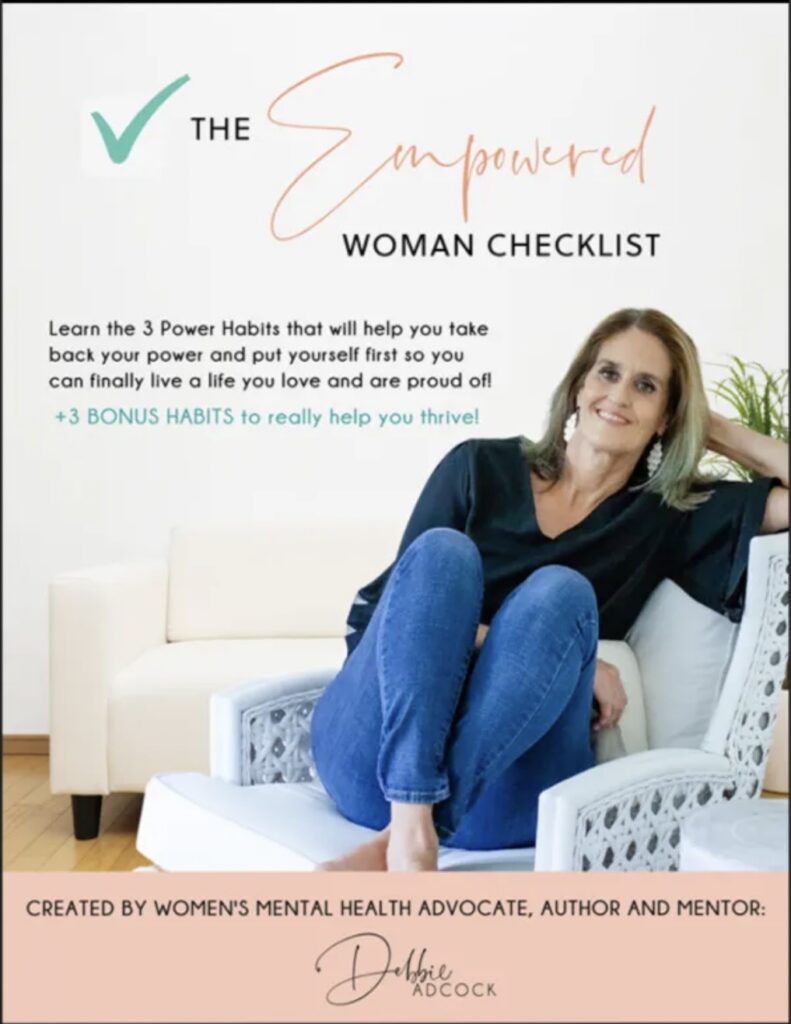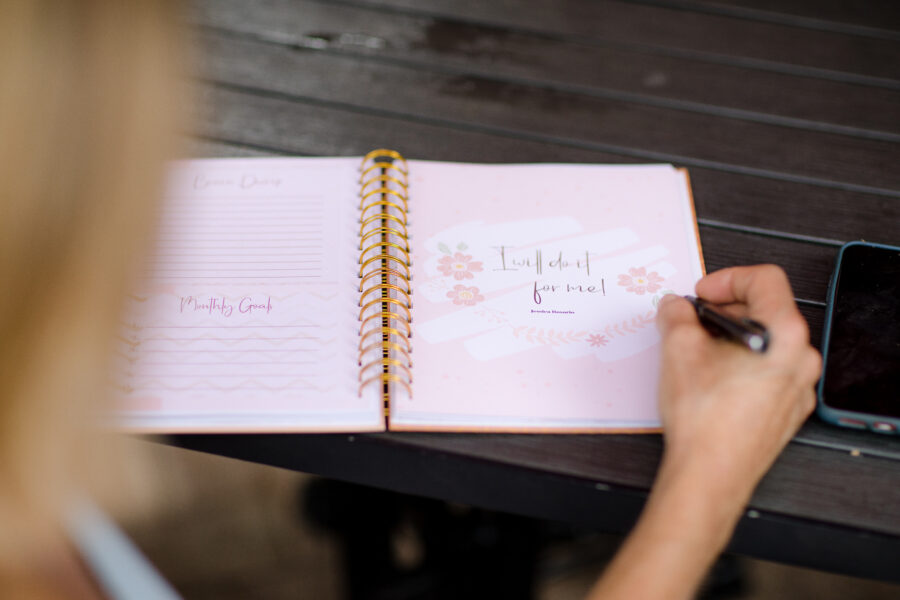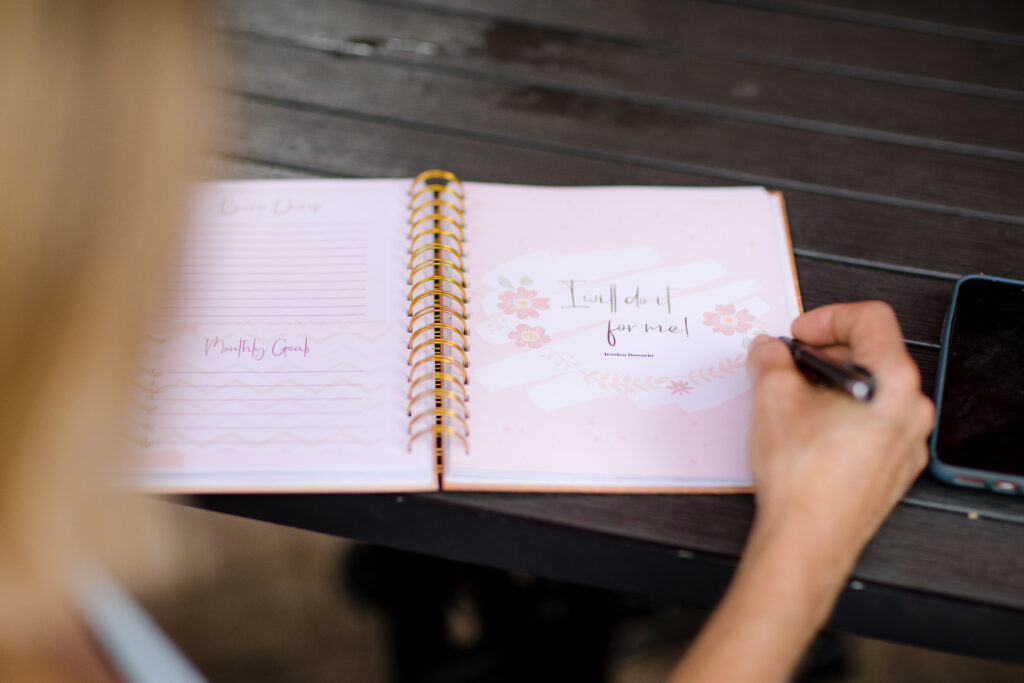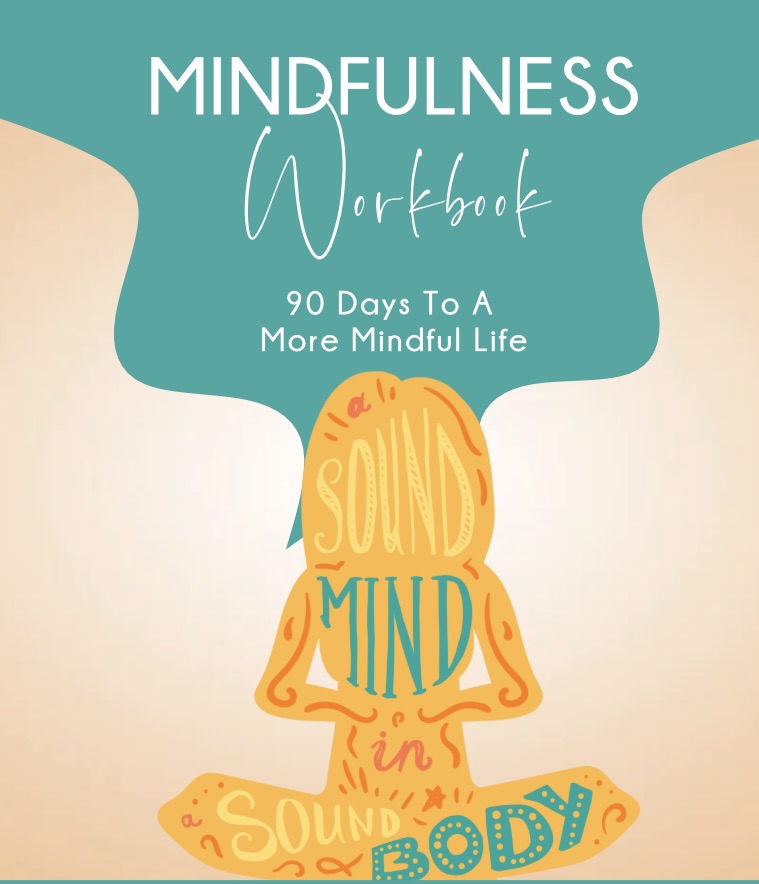
Mindfulness is a mental state and practice that involves being fully present and engaged in the current moment, without judgment or attachment to thoughts, feelings, or sensations. It is a form of meditation that brings you more awareness and attention to your thoughts, emotions, and physical sensations.
The concept of mindfulness is rooted in ancient Buddhist teachings but has gained significant popularity in recent years as a secular practice in various fields such as psychology, healthcare, and personal development. Mindfulness involves intentionally directing your attention to the present moment, observing your experiences without getting caught up in them, and accepting them without judgment. This can take time to learn. It takes practice. However, it is worth it because learning how to be mindful, is an incredible tool for your mental health.
Mindfulness can be cultivated through a variety of exercises, including meditation, breathing exercises, and everyday activities done with focused attention. Practicing mindfulness on a regular basis has been associated with numerous benefits, such as reduced stress, improved emotional regulation, increased self-compassion, enhanced focus and concentration, and improved overall well-being. Mindfulness is a skill that requires practice and patience to develop. There are numerous resources available, including books, courses, and apps, that can provide guidance and support for those interested in incorporating mindfulness into their lives. You can also go grab my 30 Day Mindfulness Workbook HERE.
Practicing mindfulness can have several mental health benefits. Here are five of those benefits.
Stress reduction: Mindfulness helps you to become more aware of your thoughts, feelings, and bodily sensations in the present moment. By developing this awareness, mindfulness can reduce stress and prevent individuals from getting caught up in anxious or negative thought patterns.
Anxiety and depression management: Mindfulness-based interventions have been shown to be effective in reducing symptoms of anxiety and depression. By practicing mindfulness, you can develop a non-judgmental and accepting attitude towards you current experiences, which can help alleviate depressive and anxious feelings.
Improved emotional regulation: Mindfulness cultivates an ability to observe and acknowledge your emotions without immediately reacting to them. By developing this skill, you can begin to respond to your emotions in a more balanced and measured way, rather than getting overwhelmed or suppressing them. Being aware of your emotions as they are happening allows you to make any adjustments or do whatever you need to do in order to rebalance them. This will prevent your emotions from quickly spiraling downward. You will begin to feel more control over you mental health.
Increased self-awareness: Mindfulness enhances self-awareness by directing attention to the present moment and internal experiences. This heightened awareness can help you recognize and understand your thoughts, emotions, and behaviors, leading to a deeper understanding of yourself. This can help you recognize your struggles, heal your trauma and gain a deeper understanding of your mental health.
Enhanced focus and concentration: Regular mindfulness practice improves concentration and focus. By training the mind to stay present and redirect attention when it wanders, you can develop stronger cognitive control and attentional stability. By increasing focus and concentration, you will be able to effectively apply the various strategies you need to support your mental health.
By practicing mindfulness, you will aim to develop a greater sense of self-awareness and a more compassionate and non-reactive relationship with your thoughts and emotions. It involves acknowledging and accepting your experiences, whether positive or negative, without trying to change or resist them. Instead, you will gain a deeper understanding and confidence on how to support your mental health in any situation.
Remember, “We are stronger together!”
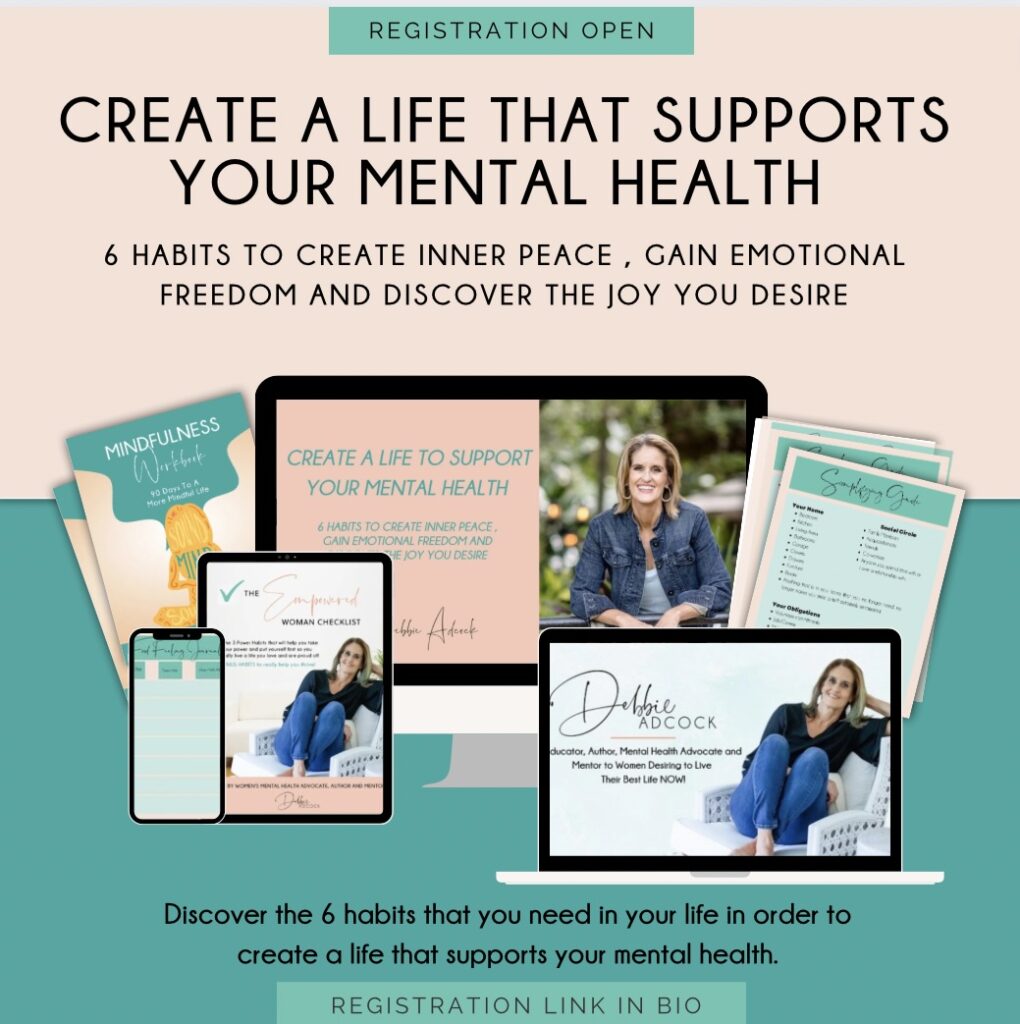
Do you want to learn the 6 habits that will help you create a life that supports your mental health? Sign up to get more information on my upcoming webinar and online course that will explain the process that I have been using for years to help create a life that supports your mental health. You can sign up HERE to receive more information in the upcoming weeks.
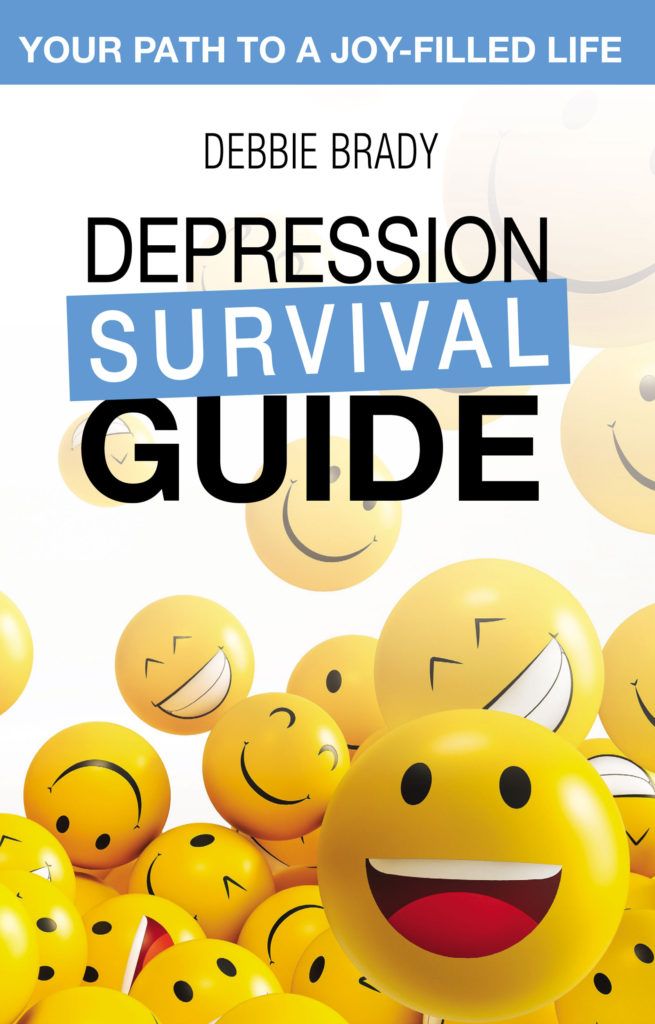
Grab a copy of my book HERE!





